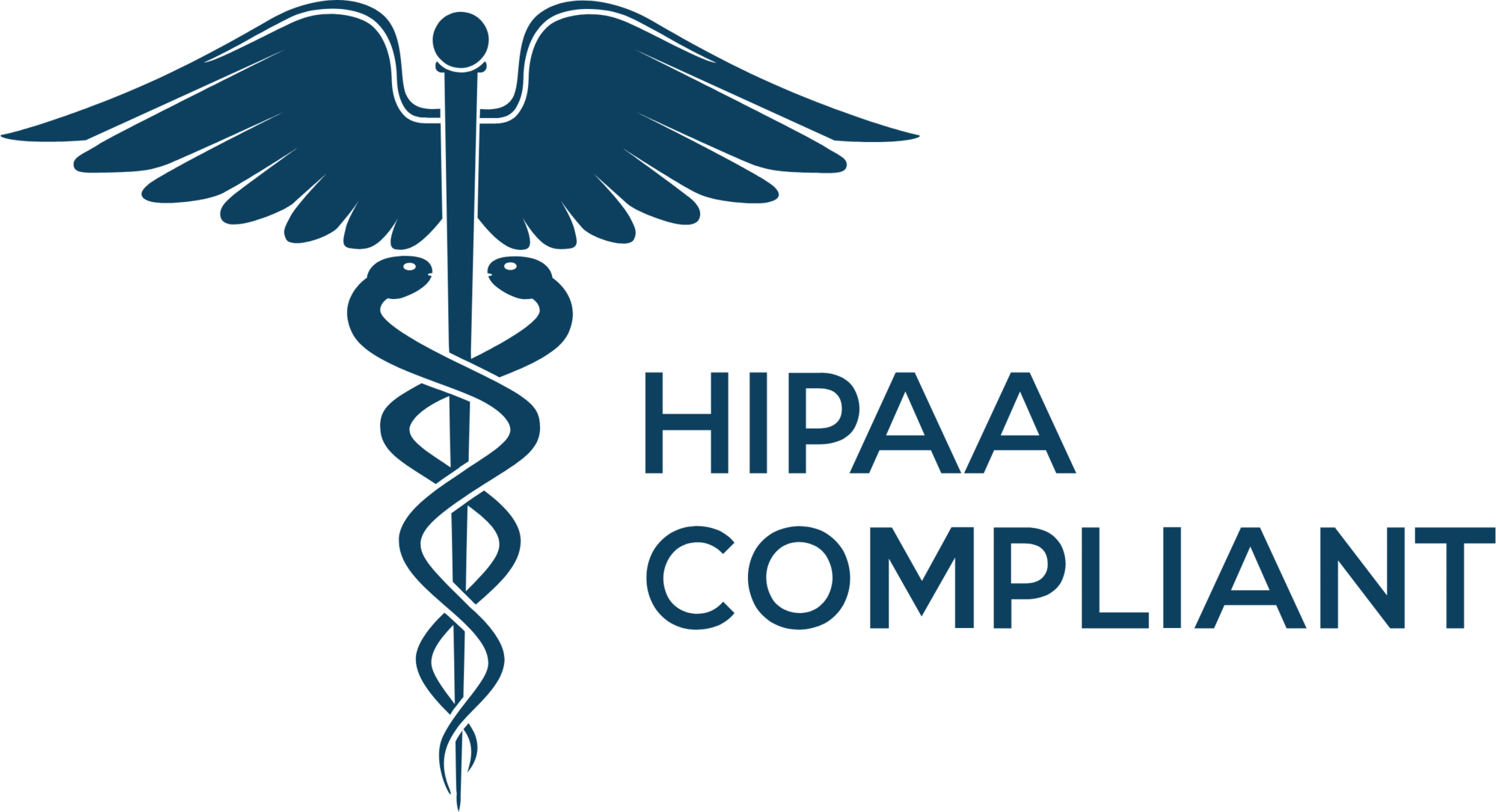
2025 Medicare Reimbursement Changes for Surgeons
With the 2025 Medicare Physician Fee Schedule (PFS) final rule, surgical practices are facing payment reductions and regulatory shifts that could significantly impact revenue. What does this mean for your practice?
1. Introduction
The Centers for Medicare & Medicaid Services (CMS) has released the 2025 Medicare Physician Fee Schedule (PFS) final rule, introducing several changes that significantly impact surgical practices. These updates encompass payment adjustments, modifications to global surgery payment policies, and expansions in telehealth services. Understanding these changes is crucial for surgical practitioners to navigate the evolving healthcare landscape effectively.
2. Payment Updates & Financial Impact
For the calendar year (CY) 2025, CMS has set the PFS conversion factor at $32.35, marking a decrease of approximately 2.83% from the 2024 conversion factor of $33.29. This reduction primarily reflects the expiration of a temporary 2.93% increase from 2024, the 0% MACRA baseline update, and a minor budget-neutrality adjustment. The decrease in the conversion factor may lead to reduced reimbursement rates for surgical services, necessitating careful financial planning for practices to mitigate potential revenue impacts.
3. Global Surgery Payment Policies
Transfer of Care Modifiers
CMS has broadened the applicability of the transfer of care modifier, specifically modifier -54 (Surgical Care Only). Starting in CY 2025, this modifier must be used in any instance where a surgeon performs only the surgical procedure and does not provide postoperative care, regardless of whether there is a formal, documented transfer of care or an informal, non-documented expectation that another provider will handle postoperative management. This policy aims to improve the accuracy of data collection regarding postoperative care but may require surgeons to adjust their billing practices accordingly.
Postoperative Care Services Add-On Code
To account for situations where postoperative care is provided by a practitioner other than the operating surgeon without a formal transfer of care, CMS has introduced a new add-on code, G0559. This code is intended to reflect the additional resources utilized in such scenarios and should be reported alongside an office or other outpatient evaluation and management (E/M) visit. However, its application is limited to cases where the postoperative care provider is not part of the same group practice as the operating surgeon. Practices should familiarize themselves with the specific requirements for reporting this code to ensure appropriate reimbursement.
4. Telehealth Policy Changes
CMS continues to expand telehealth services under the PFS. For CY 2025, several services have been added to the Medicare Telehealth Services List, including caregiver training services on a provisional basis and Pre-Exposure Prophylaxis (PrEP) counseling and safety planning interventions on a permanent basis. Additionally, CMS has finalized policies to allow the use of audio-only communication technology for certain telehealth services provided to beneficiaries in their homes, under specific conditions. These changes aim to enhance access to care, particularly in underserved areas, and may offer surgical practices opportunities to integrate telehealth into their postoperative care protocols.
5. Other Key Updates
Colorectal Cancer Screening Coverage
CMS has expanded coverage for colorectal cancer screening to include computed tomography colonography and blood-based biomarker tests. Importantly, if these screening methods yield positive results, patients are eligible for a follow-up screening colonoscopy without additional beneficiary cost-sharing. This policy change reflects current evidence-based clinical standards and may lead to increased demand for surgical consultations and procedures related to colorectal health.
Quality Payment Program (QPP) Updates
The Merit-Based Incentive Payment System (MIPS) continues to evolve, with CMS introducing new MIPS Value Pathways (MVPs) related to surgical care for the 2025 performance period. These MVPs aim to streamline reporting requirements and focus on specialty-specific quality measures. Surgical practices should review these new pathways to determine their applicability and prepare for participation to optimize potential reimbursement incentives.
6. Conclusion & Recommendations
The 2025 CMS PFS final rule introduces several significant changes affecting surgical practices. Key takeaways include:
- A reduction in the PFS conversion factor, necessitating financial adjustments.
- Expanded requirements for transfer of care modifiers, requiring updates to billing practices.
- Introduction of a new add-on code for postoperative care services provided without a formal transfer of care.
- Expansion of telehealth services, offering opportunities for integrating virtual care into surgical practice.
- Enhanced coverage for colorectal cancer screening, potentially increasing demand for related surgical services.
Actionable Steps for Providers:
- Review and Adjust Billing Practices: Ensure that coding staff are trained on the new requirements for modifier -54 and the appropriate use of add-on code G0559 to prevent claim denials and optimize reimbursement.
- Evaluate Financial Impact: Conduct a thorough analysis of how the reduced conversion factor will affect your practice's revenue and develop strategies to mitigate potential financial challenges.
- Integrate Telehealth Services: Explore opportunities to incorporate telehealth into your practice, particularly for postoperative care, to enhance patient access and satisfaction.
- Stay Informed on Quality Reporting Requirements: Familiarize yourself with the new surgical care MVPs under MIPS and prepare to participate to maximize potential incentives.
Advocacy & Potential for Future Adjustments:
Engage with professional organizations and participate in advocacy efforts to communicate the impact of these changes on surgical practices. Active involvement can influence future policy adjustments and ensure that the concerns of surgical providers are considered in CMS decision-making processes.
By proactively addressing these updates, surgical practices can navigate the 2025 CMS PFS changes effectively, maintaining compliance and optimizing patient care.
Lynn Hsing is a recognized leader in healthcare marketing. Having worked closely with health systems and providers, Lynn brings a nuanced understanding of the challenges they face — from administrative burden and claim denials to reimbursement delays and staff shortages. This firsthand insight has shaped Lynn’s ability to translate complex AI solutions into meaningful value for healthcare organizations.








